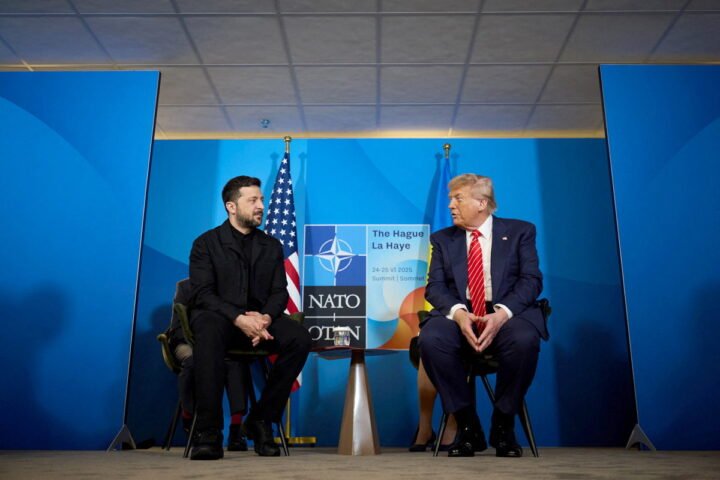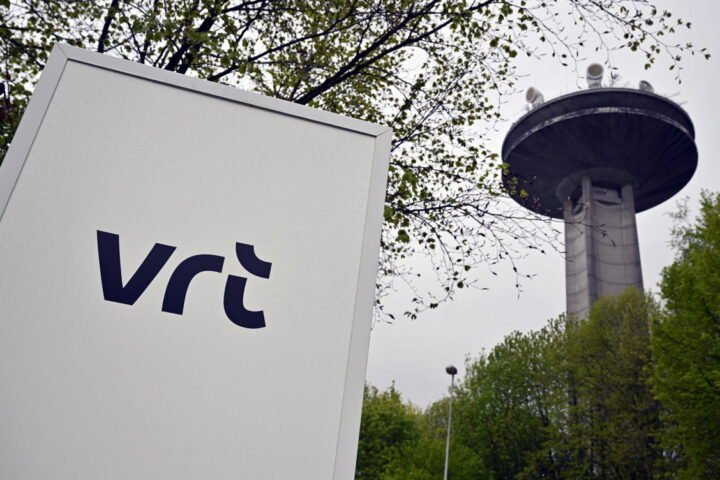Germany’s government has said the country will tighten security checks for staff in sensitive areas of government and business. The move comes after an increase in suspected espionage cases.
Germany’s Interior Ministry on Wednesday said that draft legislation would expand review measures for staff in sensitive fields, such as IT and communications, in government and in “critical infrastructure.”
Germany has seen an uptick in cases of suspected spying linked to Russia since the invasion of Ukraine, and also to China.
What we know about the legislation
German Interior Minister Nancy Faeser explained that the threat to democracy from espionage and sabotage has reached “a new dimension.”
“Russian aggression in Europe has fundamentally changed the security situation. Germany is also the focus of intelligence services from other countries,” warned Faeser.
“To reduce security risks, we will have to take an even closer look at who we entrust with important tasks and confidential information in security-relevant areas of the state and our critical infrastructures,” she added.
The draft law introduces extended mandatory screening measures for personnel in security-relevant positions, such as IT and communications.
Specifically, it concerns critical infrastructure such as railways and power supply control centers — plus the highest levels of the federal government.
These include the ministries, the Chancellery and the Office of the Federal President.
The checks would include whether candidates had made problematic statements in online networks.
“We will not allow extremists to sabotage our democratic constitutional state from within,” said Faeser.
The Cabinet approved the bill on Wednesday, and must now be passed by lawmakers before the new measures become law.
Why are alarm bells ringing?
Several cases of alleged spying for Moscow have rocked Germany since Russia’s invasion of Ukraine in 2022.
In one case, a former German intelligence officer was accused of passing information to Russia that showed Berlin had access to details of Moscow’s mercenary operations in Ukraine.
Chinese espionage has also been a growing concern. In April, the most high-profile such case saw an aide to a German far-right Alternative for Germany (AfD) member of the European Parliament arrested on suspicion of spying for Beijing.








